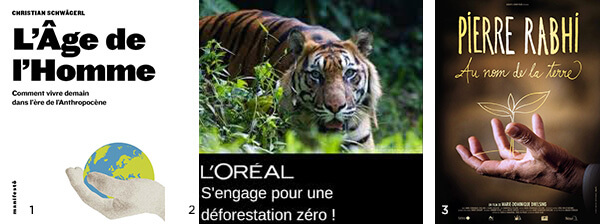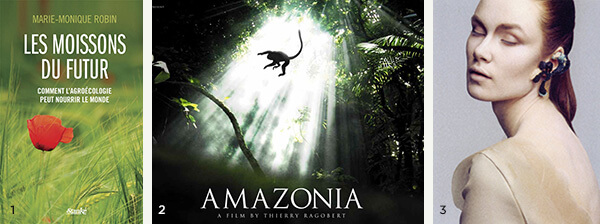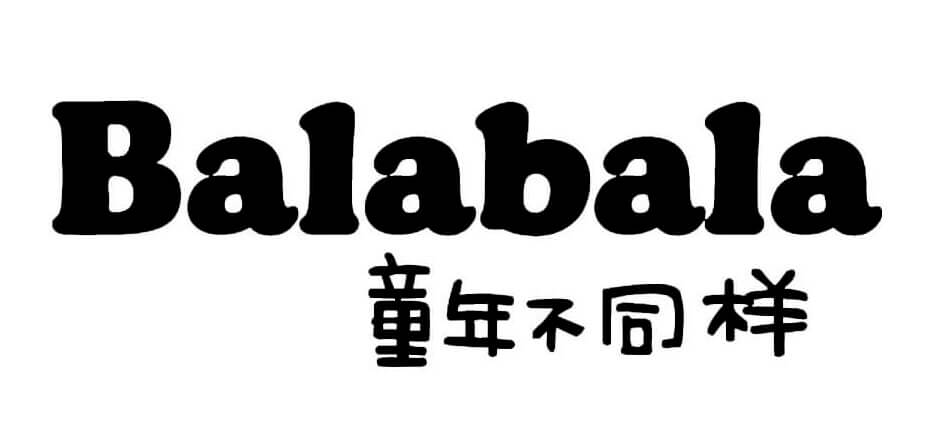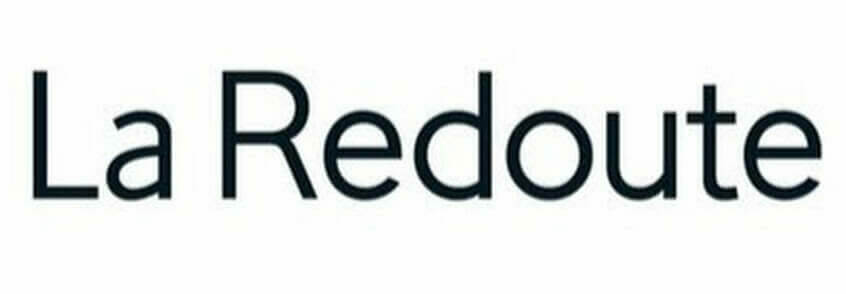This month features a spotlight on Nature, which has been one of the fundamental pillars of our sociocultural research ever since our Futur(s) books were first launched in 2000. We have therefore complied an overview of the main current dynamics and key notions that lead us to redefine « naturality ». We will decipher three recent evolutions : the quest for the wild, committed responsibility, empathetic communion. Happy exploring !The quest for wildness The myth surrounding Nature in its wild, original, uncontaminated state is a fascinating one, a confirmation of the permanent contrast between Nature / Culture. The more the Earth’s balance is threatened by Man’s impact on the planet, the more the myth of untouched nature, the ideal image of paradise lost, occupies our collective consciousness. Consumers are more and more enthusiastic about essential, elementary ingredients that are mythical, universal and beneficial (like honey, base elements, minerals, seaweed…). After cooking and health, this quest for the wild has touched the realm of design and architecture and penetrated all areas of daily life. The quest is inspired by the increasingly popular « Locavore » trend, a culinary trend that focuses on using local ingredients that are natural and wild, either raw or very simply cooked. The key trend in cosmetics is toward all things fresh, raw and wild, with ingredients such as venom, snails’ slime and extreme plants with strong symbolic power. And activities hailing from the United States that promote a return to « nature as it used to be » (the paleo movement and the « paleo diet ») are also experiencing a huge success.
COMMITED RESPONSIBILITY Thanks to the popularization of the anthropocene hypothesis, for the first time in our planet’s history humans are becoming aware that the earth’s evolution is enormously affected by human activity. This collective awakening is communicated by a desire to get involved via the power of new information networks, and it is putting an unprecedented pressure on multinational brands. Brands’ commitment to protecting the environment has become a powerful lever of adhesions for consumers. Individual responsibility is also a key priority, as demonstrated by happy sobriety, a concept forged by the farmer-philosopher Pierre Rabhi. He defends the idea that humanity is capable of refocusing on its vital and essential needs, via the simplest, healthiest means. This is a sort of virtuous hedonism that allows us to live more lightly.

EMPATHIC COMMUNION After awakening, whose focus is preserving life’s wonders, humankind has gained awareness of the prominence of an ecosystem-based approach. From now on humans think of themselves as connected to the ecosphere, that is in a relationship of interdependence with the living world (the idea of communion with nature, of an alliance between nature and technology, of a natural contract). The proof is in Man’s need to live in sync with the rhythms of nature, to value a new relationship to the earth (interest in biodynamics and agro-ecology). It is in the progress made in the realm of animal ethics, which draws animals into the moral sphere. And it lies as well in our new conception of ecology: learning to love to better protect… rather than operating on guilt. The empathetic link to Nature even takes the form of an equal partnership, as in the idea of « biofacturing » in which humans make use of natural living processes to co-create alongside Nature.






